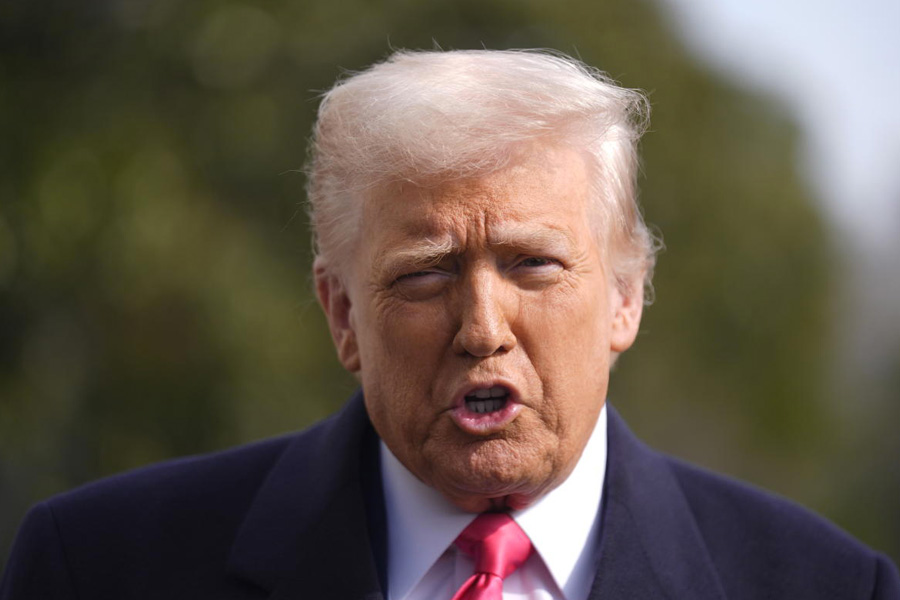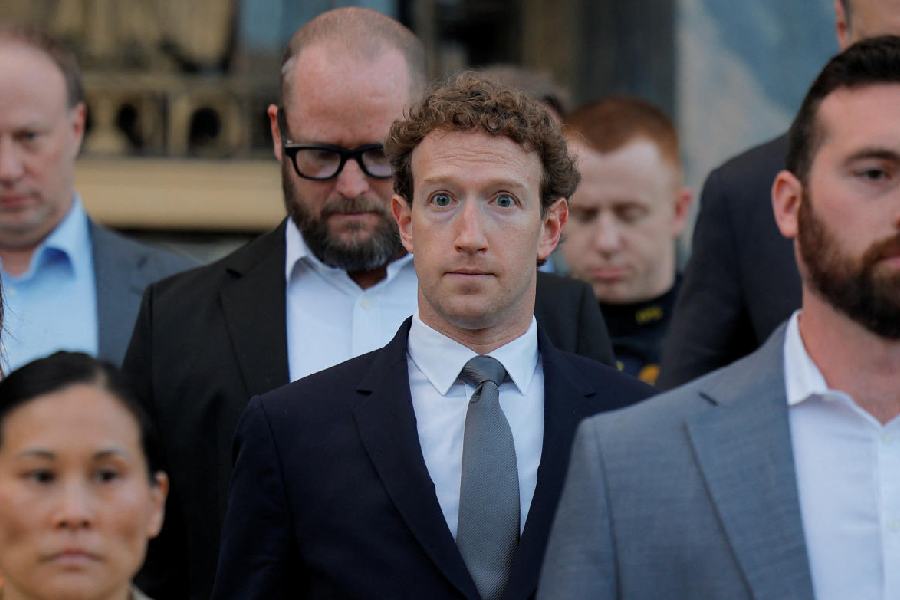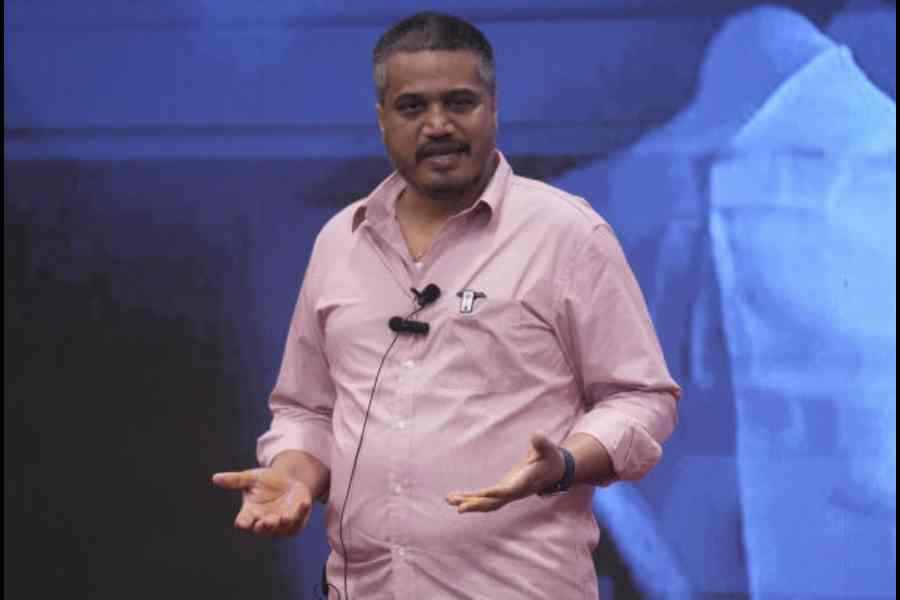During his first term in office, President Donald Trump described the EU “as a foe”, established “to hurt the US on trade”.
He repeated the charge at a cabinet meeting on Wednesday, but in more vulgar terms: “The EU was formed in order to screw the US. That’s the purpose of it, and they’ve done a good job of it.”
Then he said he was preparing to hit Europe with 25 per cent tariffs on cars and other goods.
After Trump’s embrace of Russia and his warnings that Europe had better fend for itself, the President’s latest attack added to the increasing view of European leaders and analysts that he and his team of loyalists consider America’s traditional allies in Europe as adversaries not just on trade, but on nearly everything.
Some officials and analysts see the Trump administration as merely indifferent to Europe; others see open hostility. But there is a common view that the fundamental relationship has changed and that America is a less reliable and predictable ally.
Trump has rebuffed Nato and aligned himself with the longstanding, principal threat to the alliance: Russia. Vice-President J.D. Vance has attacked European democracy while calling for the door to be opened to far-Right parties. Elon Musk, the billionaire Trump aide, has heaped contempt on European leaders and openly endorsed an extremist party in Germany.
Equally shocking to European leaders, the US this week refused to condemn Russia’s invasion of Ukraine at the UN. It instead broke from its allies and voted with Russia, Belarus and North Korea, all authoritarian governments.
European leaders are scrambling to assess and mitigate the damage. The Prime Minister of Britain, Keir Starmer, arrives at the White House on Thursday — the second such visit this week, after President Emmanuel Macron of France — still hoping to persuade Trump not to abandon Ukraine and to remain engaged in Europe. But Trump describes himself as a disrupter, and Macron got little for his attempt at seduction.
Friedrich Merz, 69, the conservative politician likely to be Germany’s next chancellor, has doubts about the trans-Atlantic relationship he and his country have been committed to for decades.
On Sunday evening, after his party won the most votes in the German election, Merz said that after listening to Trump, “it is clear that the Americans, at least this part of the Americans, this administration, are largely indifferent to the fate of Europe”.
He wondered whether the American nuclear umbrella over Nato would remain — and even whether the alliance itself would continue to exist.
“My absolute priority will be to strengthen Europe as quickly as possible so that, step by step, we can really achieve independence from the USA,” he said.
New York Times News Service










